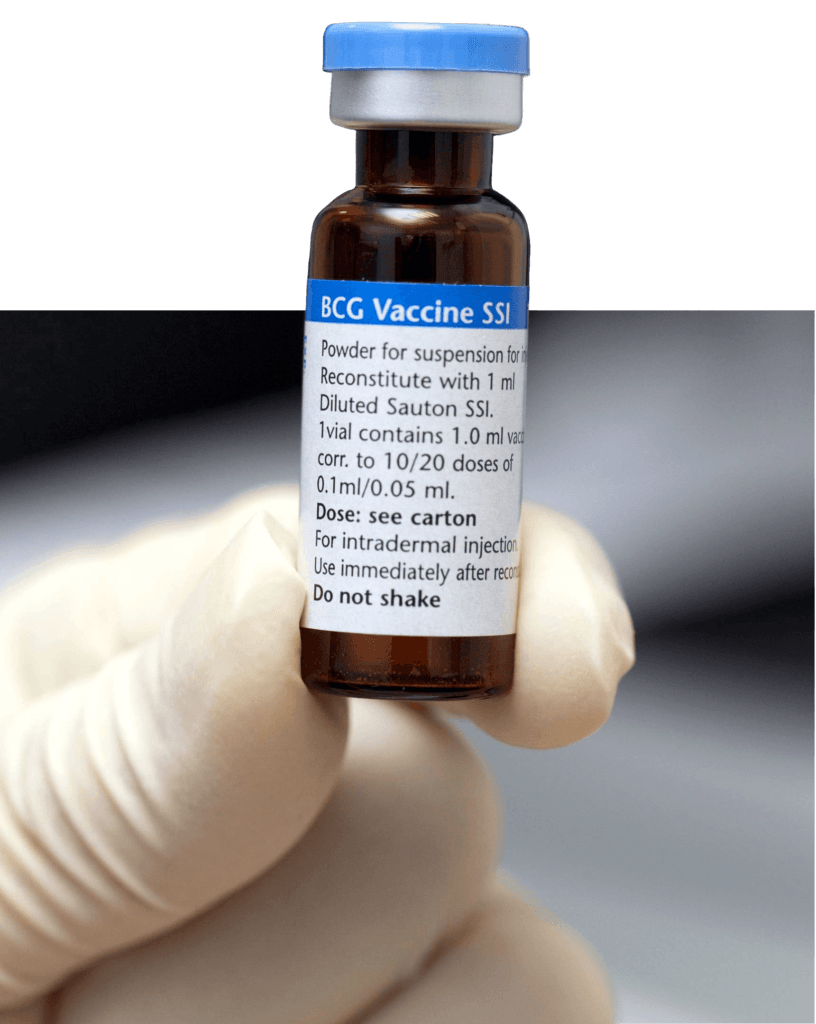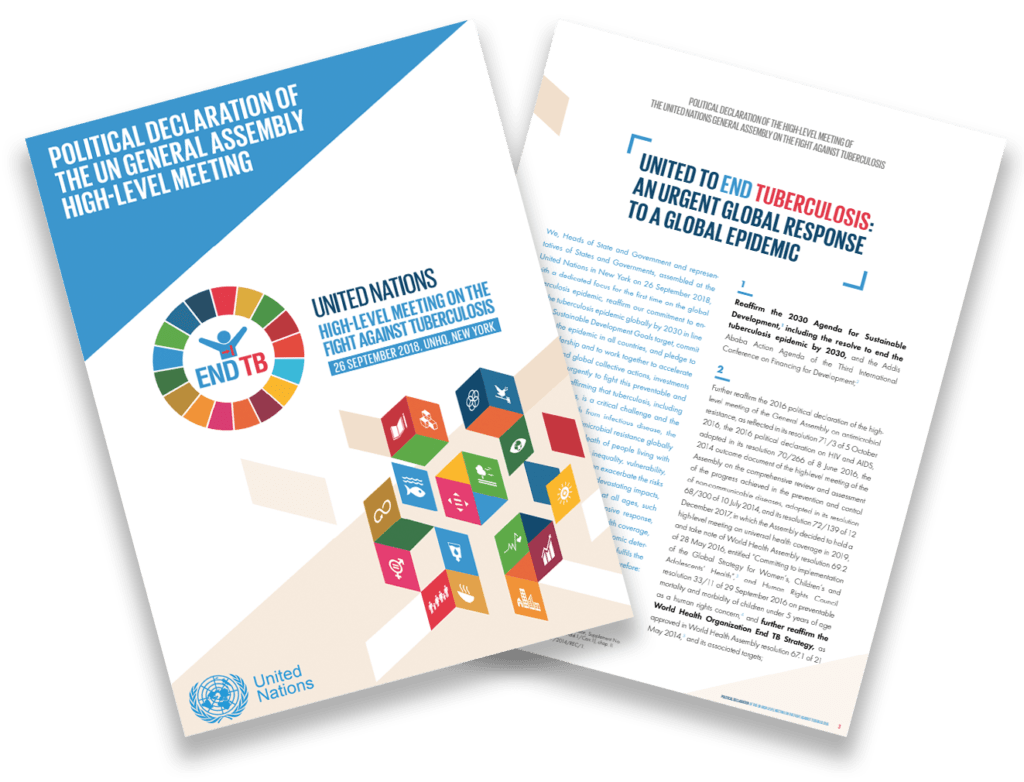
TB eradication
TB numbers from the CDC and WHO
There are many facts about tuberculosis (TB) that would startle most Americans. TB is often thought of as a problem of the past, or a problem faced in other countries. In fact, TB continues to affect those worldwide, including in the United States. Consider the following…
Lives saved
It is estimated that 58 million lives were saved through TB diagnosis and treatment between 2000 and 20181
Americans with latent TB infection
Approximately 13 million Americans have latent TB infection (LTBI)2
People became sick with TB
In 2018, 10 million people became sick with TB1
People died from active TB disease
In 2018, approximately 1.3 million people died from the disease worldwide3
People living with LTBI
About 25% of the world’s population has LTBI1
TB cases due to untreated LTBI
More than 80% of TB cases in the US are a result of longstanding, untreated LTBI4
Cost of treating active TB disease
The average cost of treating active TB disease is $19,000 per patient5
Cost of treating LTBI
The average cost of treating LTBI is $600 per patient5
TB disproportionately affects minorities:6
- The rate is 31 times higher for Asians than it is for whites
- The rate is 8 times higher for African Americans and Hispanics/Latinos than it is for whites

TB. To find it is to fight it.
The low rate of active TB disease in the US can lull people into a false sense of security. It is easy for people not to think of TB as the problem it truly is worldwide: the leading cause of death from a single infectious agent.7
In the US, where the latest estimate puts the number of people with LTBI at 13 million, there is an increased focus on targeting, testing and treating LTBI. Laura A. Vonnahme, MPH, an epidemiologist in the CDC’s Division of TB Elimination, emphasizes this point. “Eliminating TB in the U.S. requires expanding testing and treatment of LTBI…Most persons with LTBI do not realize they are infected, or that treatment to cure infection is available. CDC works to engage clinicians, health care agencies and community organizations to expand efforts to diagnose and treat LTBI.”8
BCG vaccine
The bacille Calmette-Guérin (BCG) is a vaccine for active TB disease. It is often given to infants and children in countries with high TB rates. It offers limited protection from the disease. In the US, the BCG vaccine is only given to a very small population in consultation with a TB expert.9
- The BCG vaccine can cause a false positive tuberculin skin test (TST) result
- Interferon-gamma release assays (IGRAs) are not affected by previous BCG vaccination status

The global fight to end TB
On September 26, 2018, the United Nations (UN) General Assembly convened their first ever meeting on TB. The theme of the meeting was, “United to end tuberculosis: an urgent global response to a global epidemic.” The meeting endorsed a declaration aimed at accelerating the pace of the global fight to end TB. The declaration was adopted by the General Assembly on October 10, 2018. Read the declaration here and see below for the main points of the strategy:
The End TB strategy:10
- Vision:
A world free of TB. Zero deaths, disease and suffering due to TB - Goal:
End the global tuberculosis epidemic - Indicators:
- 95% reduction by 2035 in number of TB deaths compared with 2015
- 90% reduction by 2035 in TB incidence rate compared with 2015
- Zero TB-affected families facing catastrophic costs due to TB by 2035

Progress towards 2020 End TB milestones is falling short (WHO annual report)11
The WHO’s annual report on the status of global efforts to End TB notes that, at the present trajectory, most WHO regions and individual countries will fall significantly short of the End TB 2020 milestones:
| 2015-2018 | 2020 milestone | 2030 target | |
|---|---|---|---|
| Reduction in TB incidence rate | 6.3% ↓ | 20% ↓ | 80% ↓ |
| Reduction in TB deaths | 11% ↓ | 35% ↓ | 90% ↓ |
- Areas on track to meet the 2020 milestones for both incidence rates and deaths include the WHO European Region, as well as Kenya, Lesotho, Myanmar, the Russian Federation, South Africa, Tanzania and Zimbabwe
- A new, more effective vaccine could help reduce TB rates; however, the most promising vaccine (M72/AS01E) is not expected to be available until 2028 at the earliest, which is very close to the End TB target year of 2030